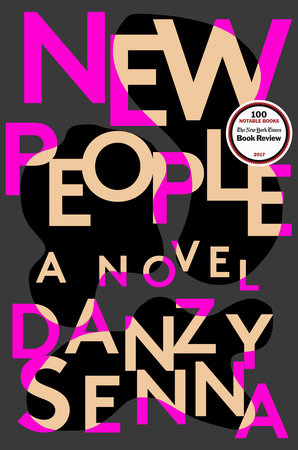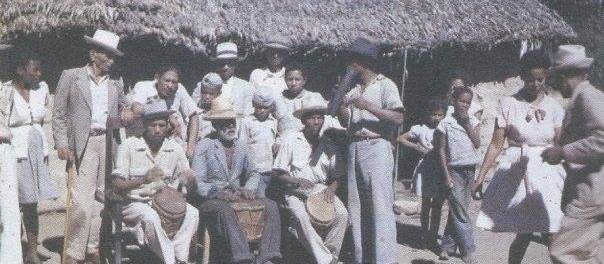Passing: Intersections of Race, Gender, Sexuality and ClassPosted in Dissertations, Literary/Artistic Criticism, Media Archive, Passing, United States on 2017-08-02 00:19Z by Steven |
Passing: Intersections of Race, Gender, Sexuality and Class
Virginia Polytechnic Institute and State University
2017-07-17
379 pages
Dana Christine Volk
Dissertation submitted to the faculty of the Virginia Polytechnic Institute and State University in partial fulfillment of the requirements for the degree of Doctor of Philosophy In ASPECT: Alliance for Social, Political, Ethical, and Cultural Thought
African American Literature in the 20th century engaged many social and racial issues that mainstream white America marginalized during the pre-civil rights era through the use of rhetoric, setting, plot, narrative, and characterization. The use of passing fostered an outlet for many light-skinned men and women for inclusion. This trope also allowed for a closer investigation of the racial division in the United States during the 20th century. These issues included questions of the color line, or more specifically, how light-skinned men and women passed as white to obtain elevated economic and social status. Secondary issues in these earlier passing novels included gender and sexuality, raising questions as to whether these too existed as fixed identities in society. As such, the phenomenon of passing illustrates not just issues associated with the color line, but also social, economic, and gender structure within society. Human beings exist in a matrix, and as such, passing is not plausible if viewed solely as a process occurring within only one of these social constructs, but, rather, insists upon a viewpoint of an intersectional construct of social fluidity itself. This paper will re-theorize passing from a description solely concerning racial movements into a theory that explores passing as an intersectional understanding of gender, sexuality, race, and class. This paper will focus on contemporary cultural products (e.g., novels) of passing that challenge the traditional notion of passing and focus on an intersectional linkage between race, gender, sexuality, and class.
Read the entire dissertation here.







